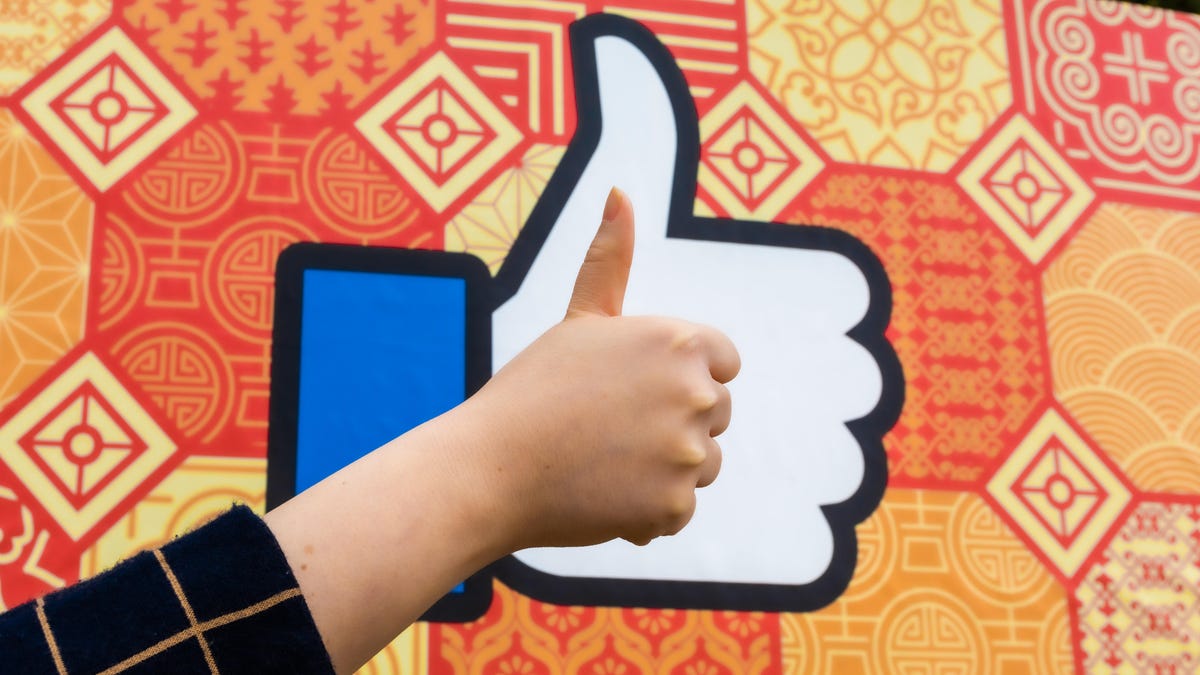Facebook's new health tool will remind you to get preventive care
The social network's health tool will roll out in the US.

Facebook is rolling out a new health tool in the US on Monday.
Facebook has a reminder for its US users: get your flu shot, blood pressure test, cancer screening and other preventive health care from your doctor.
On Monday, the social network said it's releasing a feature in the US that will show users a list of recommended checkups, screenings and other health care services after they provide their age and gender. To access the tool, which is available only on Facebook's mobile app, users type preventive health in the social network's search bar. Facebook will also be promoting the tool in users' News Feeds and allow people to share it with their family and friends.
Users can set reminders to schedule tests and search for affordable places to get primary care or flu shots. They will also be able to mark when their tests are completed.
Related: How to talk to a doctor online
Facebook's preventive health tool will show you a list of recommended tests and screenings based on your age and gender.
The introduction of the new tool shows how Facebook is trying to become an even bigger part of its users' daily lives even as it grapples with privacy concerns. In June, the company announced it was expanding a tool that lets users sign up to be a blood donor to the US. Meanwhile, lawmakers, activists and health experts have criticized Facebook for not doing enough to combat misinformation about vaccines. In response, the company started demoting the ranking of groups or pages that spread misinformation about vaccines on its News Feed and in search results.
Facebook's scandals surrounding user privacy could make people wary about using the new tool. The company said it won't use the information users provide in this preventive health tool for ad targeting. Your activity when you use the tool also won't be shared to health insurance companies or other third-parties, the social network said. Facebook won't have access to user test results. If you set reminders or mark a screening as done, Facebook does collect that information but it's only available to the workers who maintain the product or the social network's systems.
Dr. Freddy Abnousi, Facebook's head of health care research, said in an interview that the tool is meant to amplify the message of health experts who are encouraging people to get preventive care.
"We know that awareness and access are indicative of why people don't engage in preventive health in the US," he said.
Facebook's preventive health tool focuses on heart disease, cancer along with the flu. The American Cancer Society, the American College of Cardiology, the American Heart Association and the Centers for Disease Control and Prevention provided resources for the Facebook tool. The social network plans to expand the tool to other countries, but didn't say when.
If every person in the US received the recommended preventive care, more than 100,000 lives could be saved annually, according to the CDC. A study led by the Agency for Healthcare Research and Quality in Maryland published in Health Affairs last year showed that only 8% of US adults older than 35 got all the highly recommended preventive health services such as blood pressure and cholesterol checks, certain cancer screenings and other tests.
Some of the common reasons why people didn't get preventive care include a lack of health insurance, not having a usual doctor or long wait times at clinics, according to the study.

